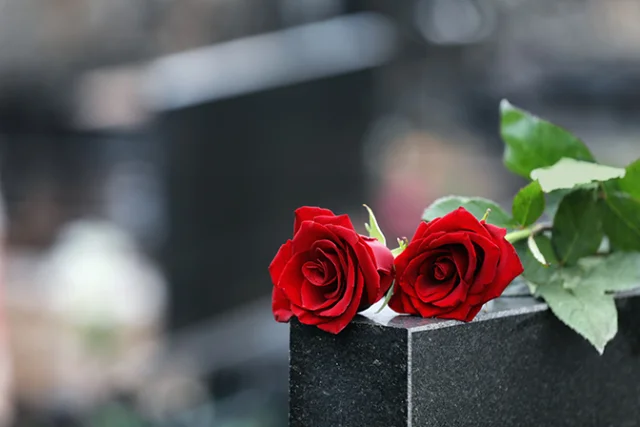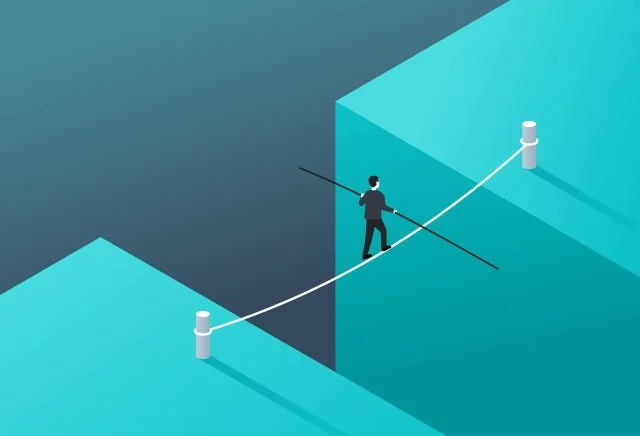
Money Shame Surfaces in Tough Times
It’s easy to overlook the emotions that swirl around money. But they often come to the surface when our financial security is thrown into question.
The spread of the coronavirus has kicked Americans’ financial anxieties into high gear, a Kaiser Family Foundation poll found last week. More than half of the workers who were surveyed fear they will lose income when their workplace is closed or their hours are reduced.
Reduced income is hitting low-wage, part-time and hourly workers hardest and fastest. But even among people with more financial resources, more than half are concerned they’ll have to dip into retirement savings or college funds.
Even when financial problems stem from events that are outside of an individual’s control, a feeling of shame can take over. Shame is the thread running through three TED videos that explore the emotions around money.
With economists increasingly predicting a recession in the wake of the virus, it might be useful to keep in mind the insights and coping mechanisms discussed by the speakers in these videos.
Shame is that “intensely painful feeling or experience of believing that we are flawed … based on our bank account balances, our debts, our homes, or our job titles,” Tammy Lally explains in the first video.
Lally, a financial coach, believes her brother was driven to suicide by his shame about his bankruptcy filing earlier that same day. She said she was judgmental at first but, after encountering financial problems of her own, came to a better understanding of the intense pressures her brother was feeling.
Lally’s and her brother’s shame around money was rooted in their childhood, she said: the siblings learned from their parents that money would make them happy. “We internalized that into the money belief that our self-worth was equal to our net worth.”
As the coronavirus pummels the stock market and slows the economy, many workers are feeling under enormous financial pressures. But Thasunda Duckett, who runs the consumer division of a major bank, said in a second video that people only compound the pressures when they blame themselves.
“We have a fraught relationship with money, because it comes with judgment,” she said.
Duckett and Lally both recommend one thing people can do if they’re experiencing money issues. To overcome some of the shame and anxiety requires letting the burden go by talking openly with others about money – you will quickly learn that you are not alone.
“Money can no longer be a taboo topic,” Lally said.
In 2007, a year before the financial crisis hit, Elizabeth White, a Harvard Business School graduate and one-time international consultant, was tumbling into “economic freefall.”
Unemployed and on food stamps, she said in the third video that she felt ashamed and hid her financial problems from her friends. She was in her 50s at the time, and in the video she reveals her fears about running out of money as she barreled toward retirement age. She did apparently rebound from her emotional crisis and wrote a book, “Fifty-five, Unemployed, and Faking Normal.”
But telling her story is an act of empathy for other older people who are going through the same thing.
Read more blog posts in our ongoing coverage of COVID-19.
Squared Away writer Kim Blanton invites you to follow us on Twitter @SquaredAwayBC. To stay current on our blog, please join our free email list. You’ll receive just one email each week – with links to the two new posts for that week – when you sign up here. This blog is supported by the Center for Retirement Research at Boston College.
Comments are closed.







While I consider myself middle class, I notice friends who are considerable better off than I are reticent about their finances. The “shame” maybe has lots of layers and especially with the recent losses in investments is complicated. One man’s treasure….
Most people never save 3 to 6 months salary as a cushion for bad economic times. I have twin boys age 31 with with great tech jobs. I reminded the one in LA, who ignores my advice, that now would be a good time to reassess 6 months of liquid savings he probably does not have. The other has no problem because he lives below his means.
As always, you come up with timely information on the blog. I am constantly amazed about how much of our attitudes about money stem from our childhood and family circumstances. I know people who even with no debt and plenty of money in the bank cannot shake the fear of having nothing because a parent was a gambler and/or alcoholic who squandered family income and savings on addictions. I also know people on the other side of that coin who grew up with nothing and today spend like there is no tomorrow. Thanks for the story.
Excellent column. You found two Tedx videos that encapsulate the problems (watch Lally and White) and you included Thasunda Duckett’s upbeat and extraordinarily sensible approach (third Tedx). This includes a fascinating departure from the traditional isolationist approach: work together with your friends, and she tells you how!
My wife and I should qualify for the $1,200 per person checks the govt. says they’ll send. Frankly, we don’t need it as our finances are secure. If the government wants to help, it should focus resources where it is most needed. We plan to give to local charities.
A young professional of my acquaintance is experiencing this. Her hard-won employment, earned by way of a master’s degree, is now seriously curtailed. Having just getting started on paying off large student loans that enabled the earning of that master’s, she’s now facing disaster. No work equals no money to pay those loans, or the rent, or the other necessities like health insurance or car insurance for the aging car that took her to work. Discussing with others that there’s no work isn’t going to pay the bills.
Looking forward to more amazing posts. Thank you!